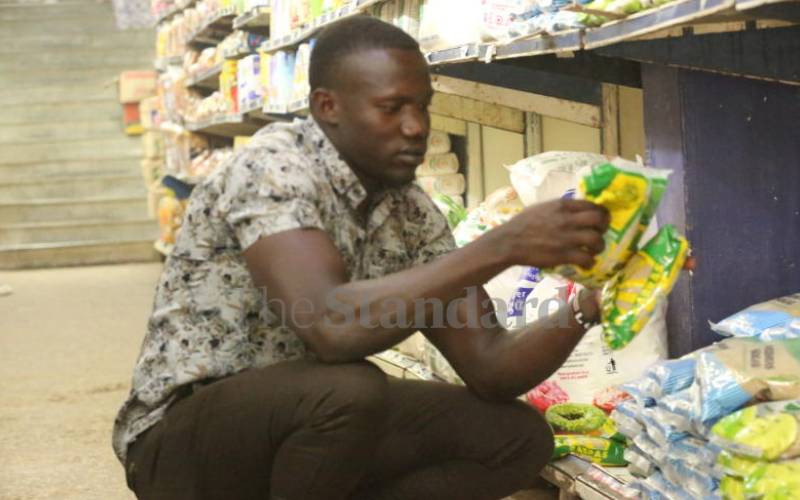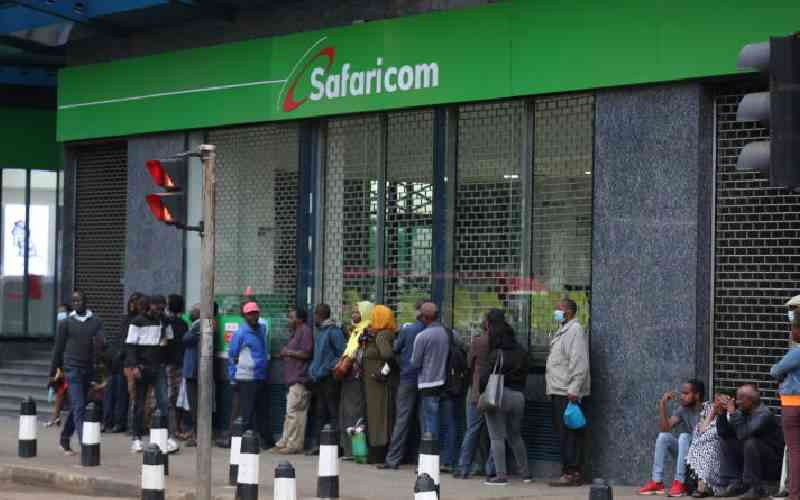×
The Standard e-Paper
Stay Informed, Even Offline

The price of sugar in the country is likely to go up in the coming months due to the current acute shortage in the Comesa region.
This is happening as companies licenced to import sugar struggle to find the commodity outside the country to plug the current deficit.







